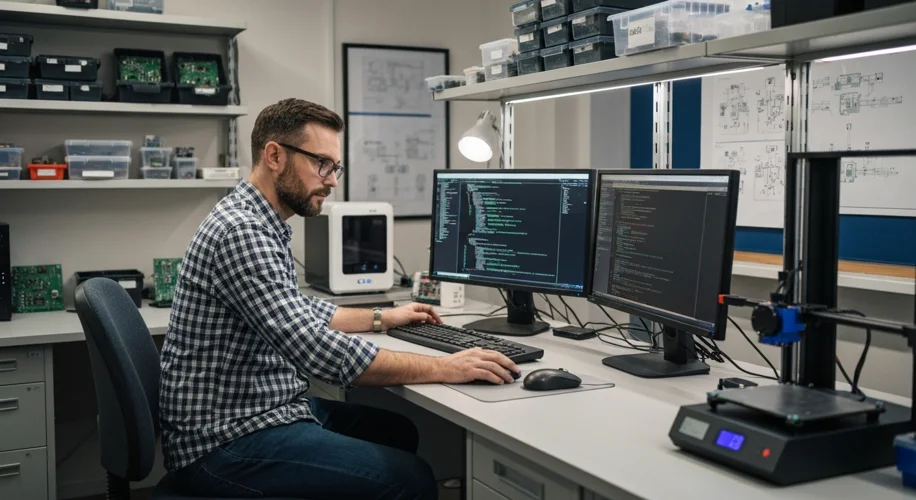Okay, so hear me out… Remember when it felt like every major tech company was sprinting to hire AI talent? We’re talking about massive expansion, big promises, and a ton of buzz. Well, things are shifting. Lately, we’ve seen a trend of some of the biggest players hitting the brakes on AI hiring. Yes, you read that right. Companies are reportedly freezing AI roles, and the big question on everyone’s mind is: are we in an AI bubble?
As someone knee-deep in a PhD in Computer Engineering, specializing in AI, I’ve been watching this closely. It’s not just about job numbers; it’s about the direction of innovation itself.
So, what’s behind these hiring freezes? The fear of an ‘AI bubble’ seems to be a major driver. Think about it: when something gets incredibly hot, everyone rushes in. Investors pour money, companies hire aggressively, and valuations skyrocket. But what happens when the initial hype cools, or when the practical application doesn’t immediately match the sky-high expectations? Sometimes, you get a correction – a ‘bubble burst,’ if you will.
What does this mean for the industry? Firstly, it signals a potential maturity in certain AI applications. Maybe the low-hanging fruit has been picked. Companies might be realizing that integrating AI isn’t just about having the smartest algorithms, but also about the infrastructure, data, and real-world usability. It’s a shift from ‘can we build it?’ to ‘how do we effectively deploy and scale it?’
For us folks working and studying in AI, it could mean a few things. It might temper the rapid salary inflation we’ve seen. It could also mean a greater focus on practical, profitable AI applications rather than purely research-driven projects. Companies might start prioritizing AI that solves specific business problems or enhances existing products, rather than chasing every new AI trend.
But here’s the catch: a hiring freeze doesn’t mean AI is dead. Far from it. It’s more likely a sign of recalibration. The core technology is still advancing at an incredible pace. Think about the breakthroughs in AI-powered drug discovery, climate modeling, or even more efficient coding tools. These aren’t going anywhere.
In my humble opinion, this phase is actually healthy. It forces a more grounded approach to AI development and deployment. It encourages us to think critically about the real value AI brings, not just the potential. It pushes for more robust engineering and a clearer understanding of AI’s limitations as well as its capabilities.
For future innovation, this could spur creativity in different directions. Maybe we’ll see more focus on specialized AI, or on making AI systems more explainable and trustworthy. It’s a chance to build a more sustainable and impactful AI ecosystem. So, while the headlines might sound a bit scary, I see this as a necessary step in AI’s evolution. We’re moving past the initial frenzy and into a phase of more deliberate, impactful application. What are your thoughts? Let me know in the comments!

